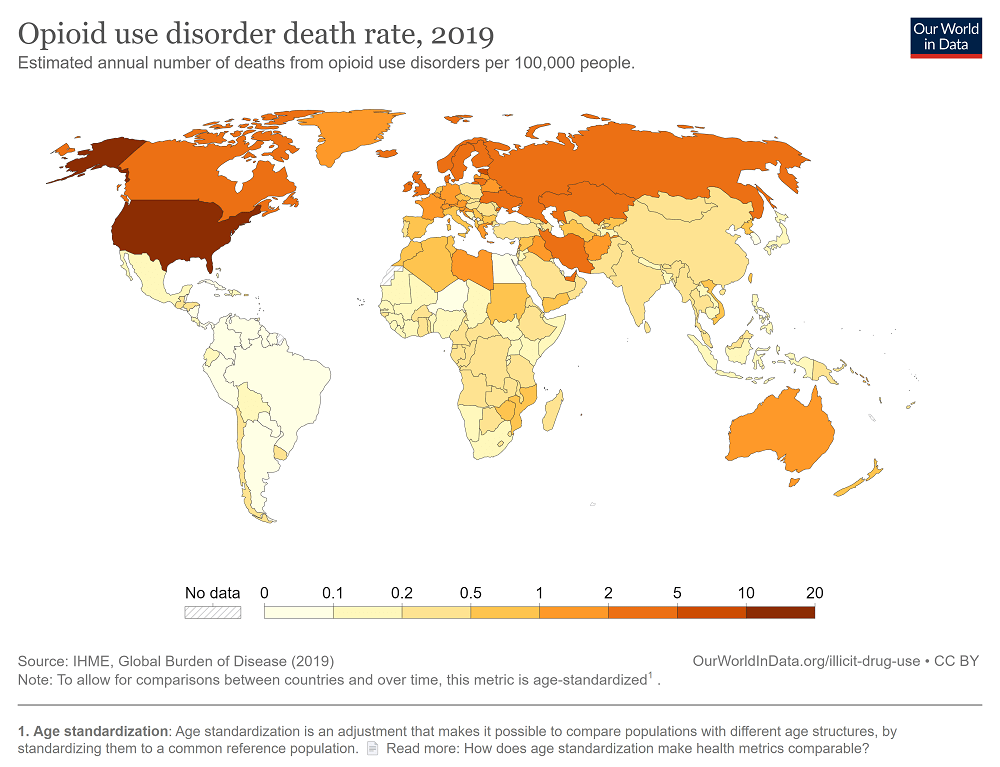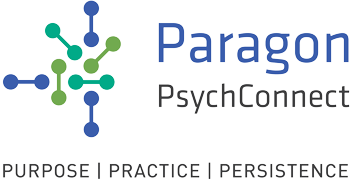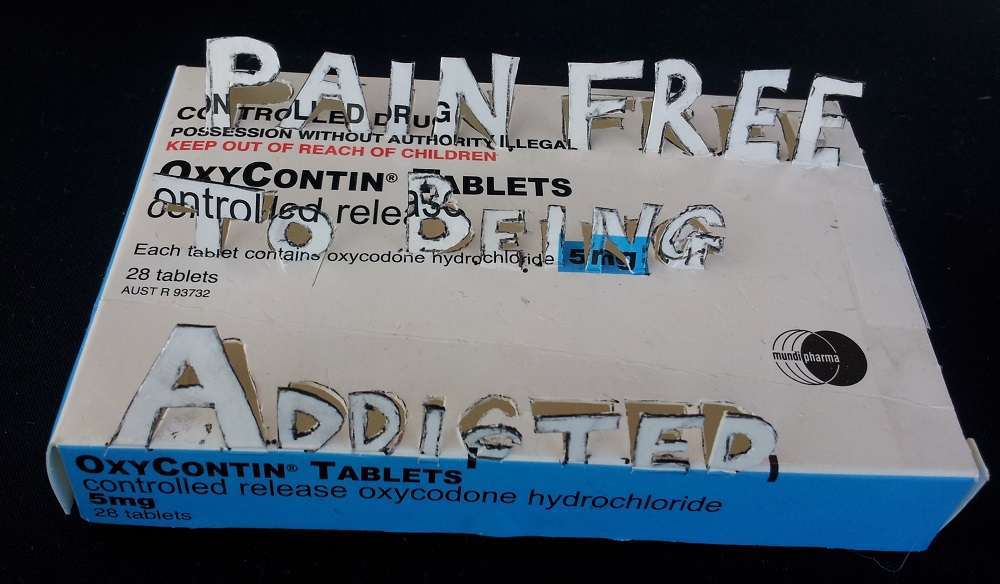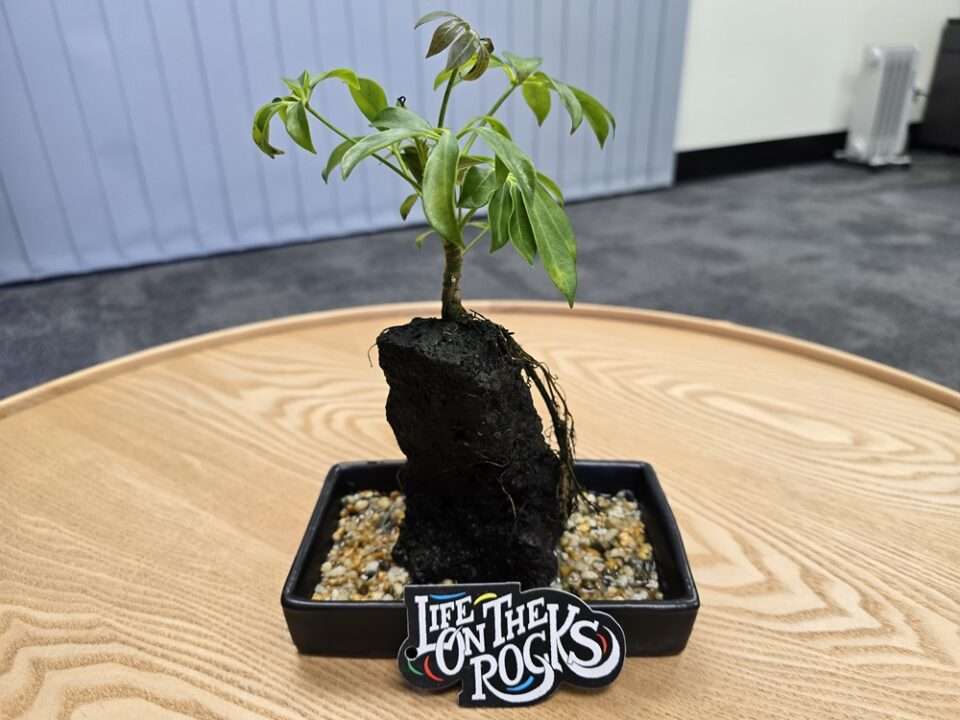
Finding the Right Psychologist for You
03/09/2023
Has our perception of mental health and mental health providers changed over the last 20-30 years?
18/09/2023Persistent Pain – Is medication the best answer?
We are about to start our next 8-week Persistent Pain Group Program that we run in conjunction with the physiotherapists at Kinetic R+P.
The question we get asked a lot is, “will that mean I can get off my medications?”
The answer is “we hope so”.
Our goal is for you to not need medications.
There is a myth of medication in the management of persistent pain and this has been around for many years. There is no medication that will “fix” your pain. If there was, we would all be raving about it. In fact, some medications make pain worse. Much worse.

The current opioid crisis ranks as one of the most devastating public health catastrophes of the modern era. It started in the mid-1990s when the powerful drug OxyContin, promoted by Purdue Pharma and approved by the Food and Drug Administration (FDA), triggered the first wave of deaths linked to use of legal prescription opioids.
It was recently reported that Kroger, one of the USA’s largest supermarket chains, has agreed to pay more than $1 billion to settle lawsuits alleging it failed to monitor suspicious orders of addictive pain pills that fuelled the nation’s opioid crisis.
While the USA leads the world in opioid related deaths, Australia is not far behind.
Watch the video How America Got Hooked on Opioids | The War on Drugs
Australia currently ranks 8th internationally on the numbers of defined daily doses of prescription opioids per million population (at about 40% the level of the USA). In the USA, opioid analgesics are now the most commonly prescribed class of medications.
Chronic pain affects about 3.4 million Australians. Internationally, almost one-third of people with chronic non-cancer pain take opioids to manage their condition. In Australia, opioids are among the most frequently used medicines. The most commonly prescribed opioids in Australia include codeine (Panadeine Forte), tramadol, oxycodone, morphine, methadone and fentanyl.
Clients are coming in and telling us that they are taking a “new” medication for pain – Tapentadol, otherwise know as Palexia. This is yet another opioid the drug companies have marketed to us as a quick fix. This is also a highly addictive drug.
It never fails to amaze me that on the drug websites, they do suggest the following (but its normally placed at the end….).
If you have chronic (long-term) pain, your doctor might suggest lifestyle changes to help manage the effects of pain. This may include:
- physiotherapy
- activity pacing
- social activities
- relaxation techniques
- overall health management
So, instead of going straight to the “strong medications” that rarely help, look at doing the things that do, such as pain education, fun, relaxation techniques, exercise and a return to life!
For more information about this see our Pain Programs .















